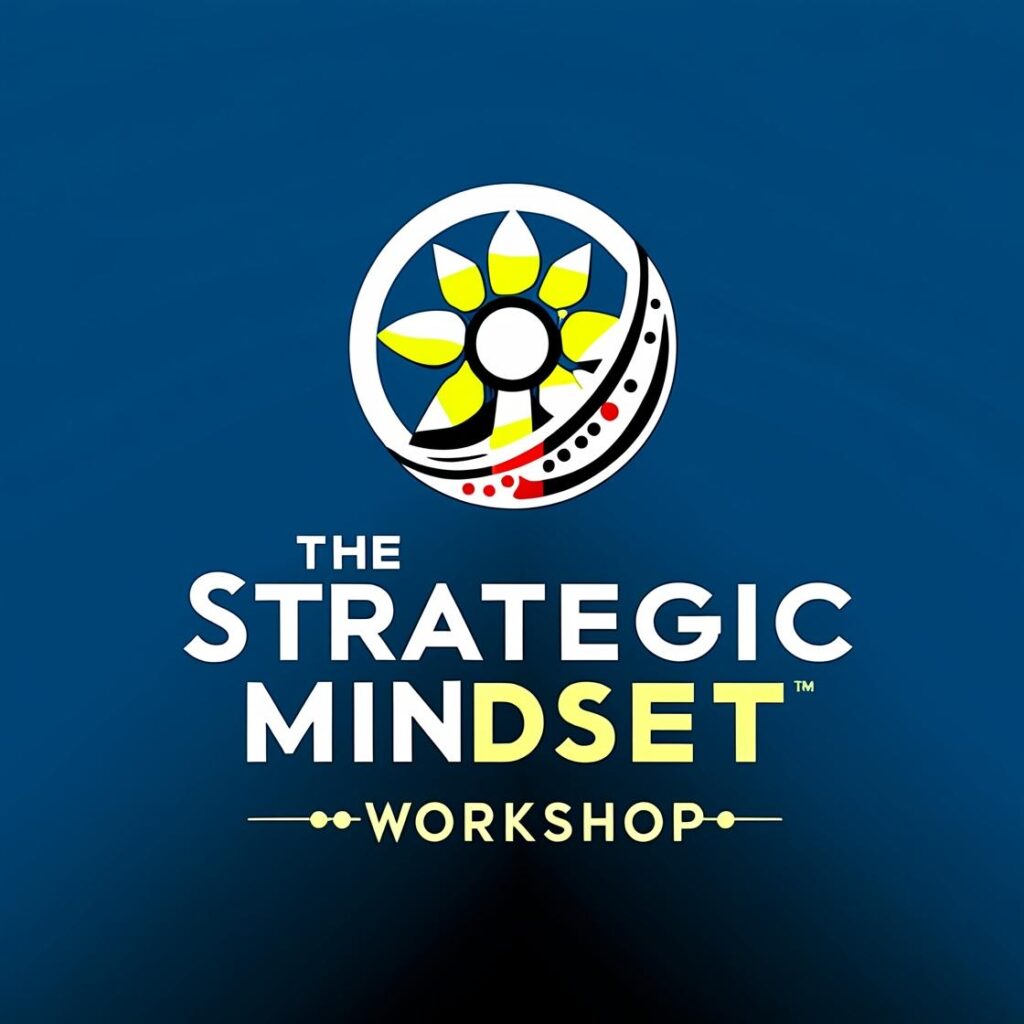Many people are afraid of the word accountability. Discussions on accountability often arise when there is a disaster and people are looking for someone to crucify.
“It was not my fault. I was not responsible. I should have been informed. Do not blame me.”
We do not only hear this in the movies from people who don’t hold themselves accountable. It happens every day, everywhere.
People don’t give credit to whom it is due. But they are quick to point fingers at someone else to escape from accountability.
Let’s talk about it then. Hopefully, we can learn something today.

What is accountability?
Accountability in the workplace is the obligation and commitment of an individual to carry out their tasks and duties with integrity, effectively meeting the expectations set by their role. It involves taking ownership of one’s actions and decisions, answering for the outcomes of those actions, and being willing to take necessary steps to improve or correct mistakes when they occur.
As an accountable employee, or an “empleyadong maasahan,” you are reliable in fulfilling your responsibilities, and your colleagues and superiors can depend on you to deliver on your commitments.
On the other hand, embodying “pananagutan” means accepting that you are answerable for the outcomes of your tasks, both successful results and errors.
The accountability ladder can help us imagine another deeper definition.
Accountability is about becoming aware of the situation, owning the problem, finding solutions, and making things happen. It is a recognition that you are valuable. That means you can be counted on.
Accountability as a core value provides your company with a distinctive advantage. Individuals and teams are contributors to success, not people to blame when mistakes happen.
Employees with a healthy sense of accountability do not look for people to blame, make excuses, play the victim, or procrastinate.
Accountable employees take ownership of problems. They are proactive and innovative. They find ways.
They value teamwork and demonstrate commitment to the achievement of goals.
Find out how to encourage team accountability.

Why is accountability important?
Workplace accountability is like the glue that holds a team together. When everyone takes responsibility for their tasks, it ensures that all the pieces of a project fit together smoothly.
Think of it like a group project in school: if each person does their part well, the whole project shines. If not, things fall apart, and the whole group struggles.
Accountability also builds trust. When everyone knows they can count on their colleagues to do their job and keep their promises, it creates a positive work environment.
It’s like being on a team where everyone passes the ball and plays their position right. You trust each other more, and the whole team performs better.
When workers are accountable, they grow and learn. By owning up to mistakes and learning from them, they become better at their jobs.
It’s like when you practice a sport or a hobby. If you recognize where you went wrong and work on it, you get better over time. This personal growth benefits not just the individual, but the whole company.
Great leadership isn’t an event—it’s a habit. Get actionable leadership habits every Monday and Thursday.
Sense of Ownership
I once talked with a client about teaching employees to think like owners.
” Jef, I want our employees to have a sense of ownership. Though they don’t have money in this business, we founded this to help them. Can you help us encourage them to think like owners?”
“Have you been to their houses?”
“What do you mean? Why do I need to go to their houses?”
“To know how they think as owners.”
“How can it help me?”
“How they take care of the house they own, of the property where employees spend whatever they earned from your company, will tell you a great amount about their sense of ownership.”
She understood what I was saying.
When people don’t care about what they own, they won’t care about what you own.
If you want people to think like owners, you must find them during the recruitment. Hire people who hold themselves accountable for their actions and results.
You can train people about the value of accountability, but you need to sell it to them.
Change the way they think. Then help them practice actions that demonstrate accountability.
Read: 8 Principles of Complete Staff Work

Responsibility vs. Accountability
Responsibility is the ongoing duty to the task at hand, while accountability refers to whose liable or answerable for results. This differentiation is the most common answer you can find.
This differentiation is simplistic.
I will explain.
The etymology of responsibility tells us its surface meaning.
Response and ability. Or the ability to respond.
Responsibility is not imposed on you. You do it of your own volition.
Here’s my definition.
Responsibility is your ability to respond — and own the impact of your response on others.
You can see the overlap of responsibility there, right? The phrase “own the impact” is a giveaway.
Accountability is from count and ability.
A person who has accountability shows commitment. It is as if she is saying, “You can count on me. I will do everything I can.”
Accountability is not just about what you produce. You hold yourself accountable not only at the end but from the very beginning.
Accountability is not just about being liable for the result. Accountability inspires, compels, or pushes you to do something because you know that you need to do something. Your sense of accountability can be the reason why you do something.
This much better distinction will become apparent when discussing the accountability ladder and QBQ.
Accountability in Filipino
Understanding the nuances of “accountability” can help find a closer match in Filipino. “Accountability” essentially means being held to account for one’s actions, and it’s a bit more specific than mere responsibility.
Here are some suggestions:
Tungkulin – While this primarily means “duty” or “obligation,” it encompasses the idea of having a specific role or function one needs to fulfill. In certain contexts, it can imply the need to answer for the completion or performance of that role.
Sagot – Literally, this means “answer.” In some contexts, one might say “May sagot ka” or “Ikaw ang may sagot diyan,” implying that the person is the one answerable or accountable for something.
Managot – This is a verb that means “to answer for” or “to be held liable for.” This word comes close to the concept of being held accountable for one’s actions.
Kasagutan – This can be translated as “answerability,” denoting the state or condition of being required to explain or justify something.
Pagwawari – This can be translated as “judgment” or “consideration.” Though not a direct match, in some contexts, it can suggest the act of evaluating or judging actions, which is a component of accountability.
Maasahan – This is the closest word I have for accountability. “Maasahan” is derived from the root word “asa,” which means to rely or depend on. When you say someone is “maasahan,” it means that person is reliable or dependable. It implies that you can count on that person to fulfill their duties, responsibilities, or promises.
In the context of accountability, being “maasahan” denotes not just responsibility but a trustworthiness and consistency in meeting expectations. It’s about knowing that someone will do what they say they will do, which is an essential aspect of accountability.
Given the rich and context-sensitive nature of languages, no single Filipino word perfectly captures the entire essence of “accountability” as understood in English. The choice would largely depend on the specific nuance or context you want to emphasize.

Benefits of Accountability.
Our sense of accountability provides many benefits to us and everyone around us. So it is puzzling why some people refrain from taking responsibility for their actions.
Let me give you a few benefits to the employee, the team, and the organization.
Benefits of Accountability for an Employee
Improved Performance: You are likelier to perform better. Accountability helps create a sense of ownership and responsibility, motivating employees to work harder and produce better results.
Career Growth: You will develop new skills, take on new responsibilities, and demonstrate your value to the organization. Being accountable can lead to career growth opportunities, such as promotions or the chance to take on more challenging projects.
Increased Trust: You are more likely to be seen as reliable and trustworthy by your colleagues and superiors. Accountable employees build stronger relationships and foster a more positive work environment.
Benefits of Accountability for a Team
Improved Communication: Team members are more likely to communicate more openly and honestly with one another. Team accountability helps identify and resolve issues more quickly and efficiently.
Increased Collaboration: Teams are likelier to work together to achieve shared goals. This can lead to increased collaboration and a more cohesive team dynamic.
Better Results: When team members are accountable for their work, they are more likely to produce better results. Accountability helps to ensure that everyone is doing their part and contributing to the team’s success.
Benefits of Accountability for an Organization
Increased Productivity: Employees and teams are more likely to be productive and efficient when held accountable for their work—the organization achieves its goals more quickly and effectively.
Improved Performance: Employees and teams are more likely to perform better. This can lead to improved organizational performance and a better overall reputation.
Better Decision-Making: Employees are more likely to make better decisions. Accountability helps ensure that decisions are made based on facts and data rather than personal opinions or biases.
Promote Accountability As a Core Value
If accountability is one of your company’s core values, it’s crucial to actively promote and reinforce it in daily operations and interactions. Here are ten effective ways to promote accountability at work.
Lead by example. Leadership should consistently display accountability. When leaders own up to their mistakes, make transparent decisions, and deliver on promises, they set the tone for the entire organization.
Set clear expectations. Make sure every employee understands their roles, responsibilities, and the outcomes expected from their tasks. Use SMART (Specific, Measurable, Achievable, Relevant, Time-Bound) goals to provide clarity.
Provide regular feedback. Conduct regular check-ins and performance reviews. Offering constructive feedback helps employees understand where they’re excelling and where there’s room for improvement.
Celebrate successes. Recognize and reward employees who consistently demonstrate accountability. This could be through monthly awards, public acknowledgment, or other incentives.
Foster open communication. Encourage an environment where employees feel safe to voice concerns, ask questions, and share feedback. An open-door policy can facilitate this.
Provide necessary tools and training. Equip your team with the right tools, resources, and training they need to succeed in their roles. This empowers them to take ownership of their tasks.
Encourage team accountability. Use team-building activities that highlight the importance of each member’s contribution. When teams hold each other accountable, it strengthens the value across the board.
Address issues promptly. When accountability lapses occur, address them immediately. This shows employees that accountability is not just a buzzword but a principle the company stands by
Incorporate accountability into onboarding. New employees should be introduced to the company’s core values, with a special emphasis on accountability, from day one. This sets the expectation right from the start.
Promote continuous learning. Encourage a culture of continuous learning and self-improvement. When employees are given opportunities to learn and grow, they’re more likely to take ownership of their roles and responsibilities.
By actively integrating these practices into your company’s culture, accountability becomes more than just a value – it becomes a living, breathing aspect of daily operations, benefiting both the individual and the organization as a whole.
Accountability Quotes
“Accountability is the measure of a leader’s height.”
— Jeffrey Benjamin
At the end of the day we are accountable to ourselves – our success is a result of what we do. Catherine Pulsifer
Most goals people set are not achieved because they are not held accountable for them. When goals are made in private, they tend to fall off because people stop being motivated, stop focusing, and stop prioritizing.
— Bola Onada Sokunbi, Goal Setting To Live Your Dreams
The benefit of truly accountable leaders is that they are able to create effective structures where their staff know what is expected of them, and can improve the business for customers.
— Jane Storm
Accountability breeds response-ability.
— Stephen R. Covey
“It is not only what we do, but also what we do not do, for which we are accountable.”
— — Moliere
Related Words:
answerable, responsibility, can be counted










